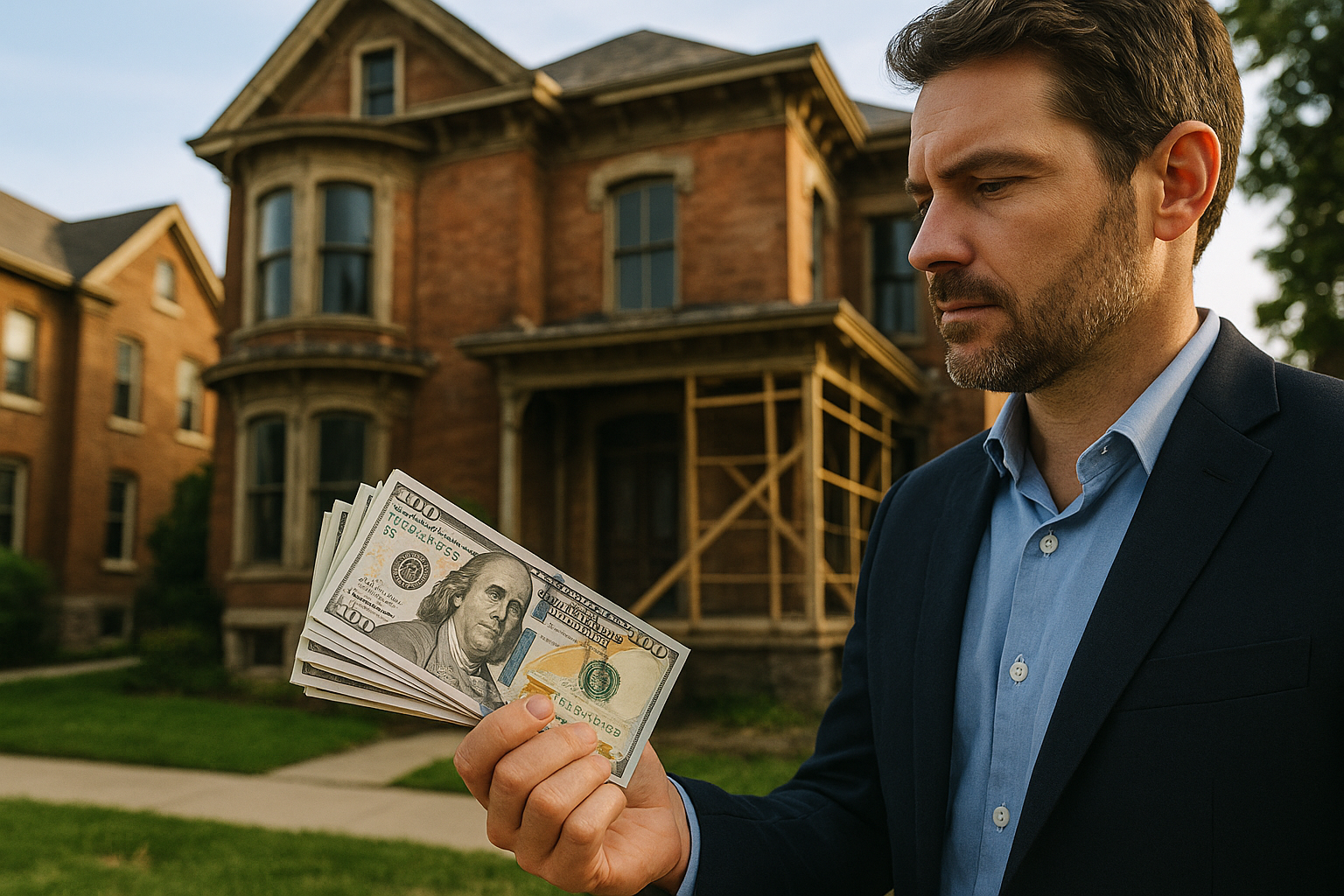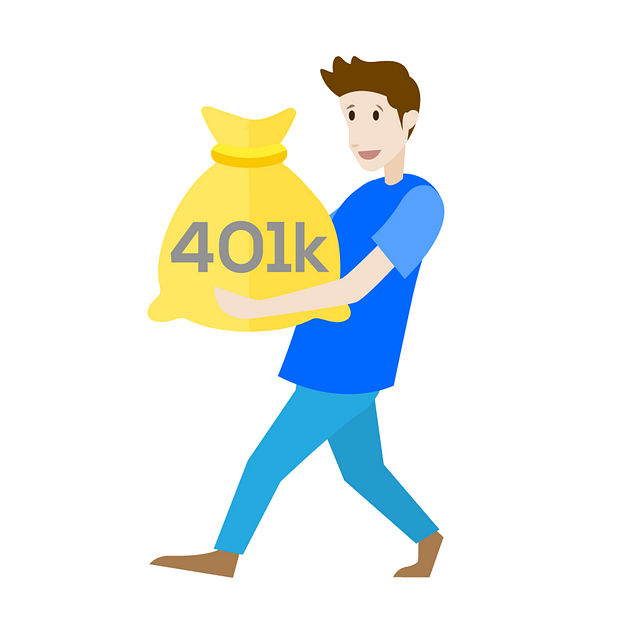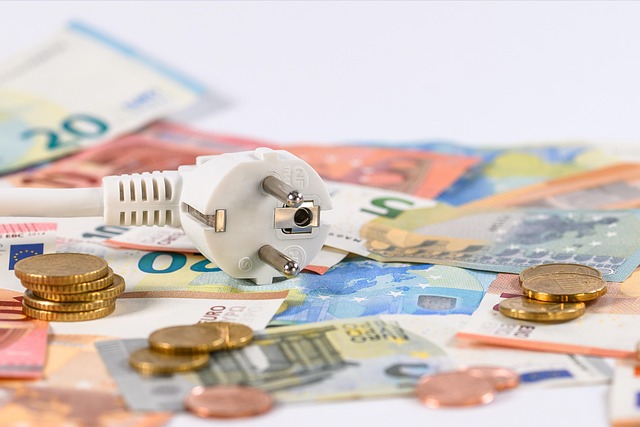"Demystifying the Real Estate Bubble: An In-depth Look at its Causes and Consequences"
Introduction: The real estate market, like any financial market, is subject to various cycles. One of these cycles is the infamous 'real estate bubble.' This phenomenon is often viewed with apprehension, but what does it really mean? And how does it affect buyers, sellers, and investors? In this in-depth examination, we delve into the origins, implications, and potential fallout of a real estate bubble.

The Birth of a Real Estate Bubble
A real estate bubble is essentially a rapid increase in property prices, driven by speculative behavior. This happens when investors, attracted by quick gains, start buying properties with the intention of selling them at a higher price. This speculative buying frenzy inflates the prices, creating a ‘bubble.’
The Rise and Burst of the Bubble
As property prices continue to soar, the bubble expands. However, as with any bubble, there is a limit to how much it can inflate. Once the prices reach unsustainable levels, the bubble bursts. This happens when there are no more buyers willing to pay the inflated prices, leading to a drastic drop in demand and a sharp fall in prices.
The Aftermath of the Burst: Winners and Losers
The bursting of a real estate bubble can have far-reaching effects. For sellers who were able to offload their properties before the crash, the bubble would have been a boon. However, for those left holding properties they can’t sell, it can mean significant financial loss. For buyers, a burst bubble can mean lower prices, but it can also lead to a stagnant market with few properties for sale.
How to Navigate a Real Estate Bubble
While it’s impossible to predict with certainty when a real estate bubble will burst, there are signs that investors can watch for. These include a rapid increase in property prices, high levels of debt in the real estate sector, and speculative buying behavior. By keeping an eye on these indicators, investors can make informed decisions and potentially mitigate their risks.
The Long-term Impact of a Real Estate Bubble
The impact of a real estate bubble goes beyond the immediate winners and losers. A major bubble burst can lead to a slowdown in the economy, as was the case with the 2008 financial crisis. However, it can also lead to regulatory changes aimed at preventing future bubbles. Therefore, understanding the dynamics of a real estate bubble is crucial not just for investors, but for anyone interested in the health of the economy.
In conclusion, while a real estate bubble can be a source of quick profits for some, it can also lead to significant losses and economic instability. Therefore, it’s essential for anyone involved in the real estate market to understand this phenomenon and its implications.




